The practice of taking a child from an orphanage exists in almost all countries and many people often think that it is simple. The child may already be an adult, no teeth, colic or diapers. But this is not true at all. 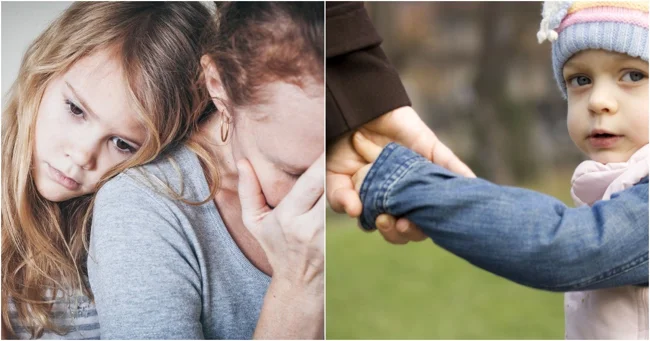
Before taking a child, future adoptive parents usually attend training courses and communicate with specialists to make it easier to adapt to a new family member and to adapt themselves. But no theory compares to practice. Parents have to face difficulties only a certain time after adoption.
Ideal behavior is a lie 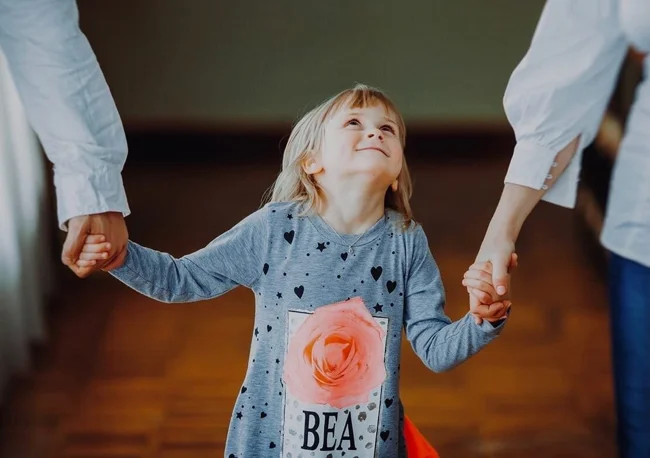
In everyone who visits an orphanage, a child sees a potential mother or father. All students of such institutions try to show their best sides so that they will be noticed and taken away. When placed in a new family, the child continues to demonstrate obedience for some time, but he will not last long in the costume of the “ideal child.” And only after some time do parents see the real character of the baby. And he will be very lucky if he turns out to be calm and balanced, without the strong “return” of living in an orphanage.
Children exist in survival mode 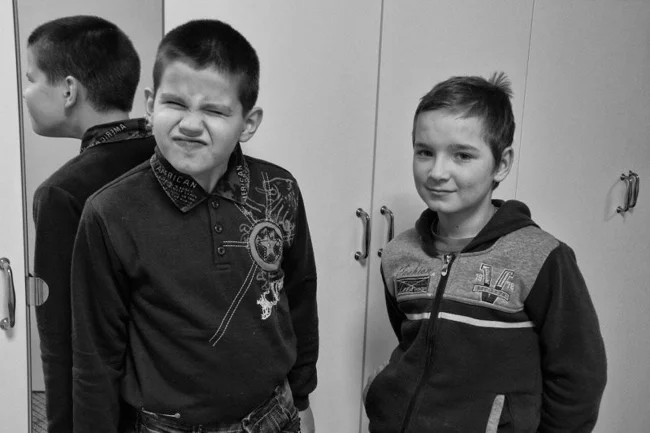
An orphanage is not a fun camp. Often children survive there and their whole life is aimed at this. They may seem touching and cute, but in reality, they are basically wild wolf cubs who learned too early what competition is. Theft, constant punishment, so-called “snitching”, violence both from peers and from teachers - this is what children have to face and be able to cope with. This is reality and must be taken into account when a child ends up in a family. It is difficult for adoptive parents to raise someone who is used to fighting for any resource.
Children's self-expression is not worthy of respect 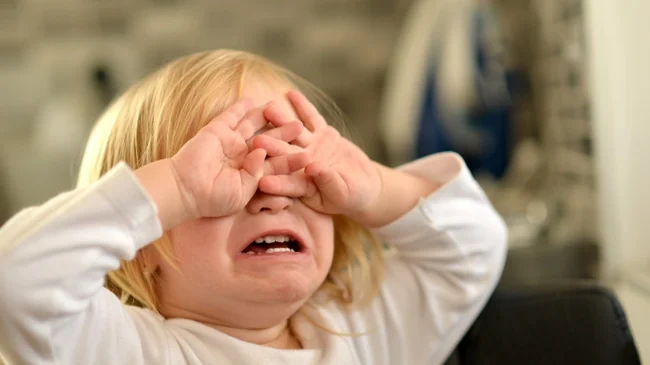
Such children are very eager to make themselves known, preferably louder. Most often, they do not follow the path of ideal learning and development, and if parents do not take action in time, then they will have to think hard about how to direct their rebellious energy in the right direction. The situation can get extremely tense, with conflicts at school and in the yard, or even small crimes, like stealing chewing gum from stores, just to prove your toughness.
Almost every parent at least once makes their child feel guilty. 
Raising your own child is already a gigantic work, let alone someone else’s... While a little person is growing up, he has his own growth crises, which are left with the imprint of the orphanage. It’s rare that a parent, powerless, will not reproach his adopted son or daughter for allegedly pulling him out of the orphanage, giving him shelter, board and love, but he (s) behaves like this. Of course this is a mistake. As a result, the new family member withdraws or begins to enter into direct conflict with his father or mother, and there is nothing good either in the first case or in the second. Parents need to make every effort to forget that the child is not their own. This is extremely difficult, especially if the family has their own children: psychologically, parents often forgive their own children more mistakes than their adopted ones.
Trespassing 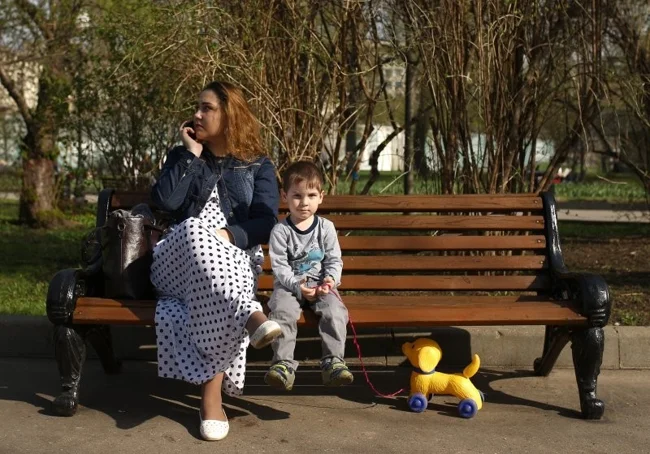
Many of those who have adopted a son or daughter say approximately the same thing: the child is uncontrollable, cannot remember the family rules, cannot (do not want) to correct some bad habits. Here, most likely, it is also the accidental fault of the guardians - if from the very beginning the boundaries of what is permitted are not set, then he will immediately begin to behave as the difficult life in the orphanage taught him. This point is very often ignored by elders, plus pity for the new family member and his past works.
The most important 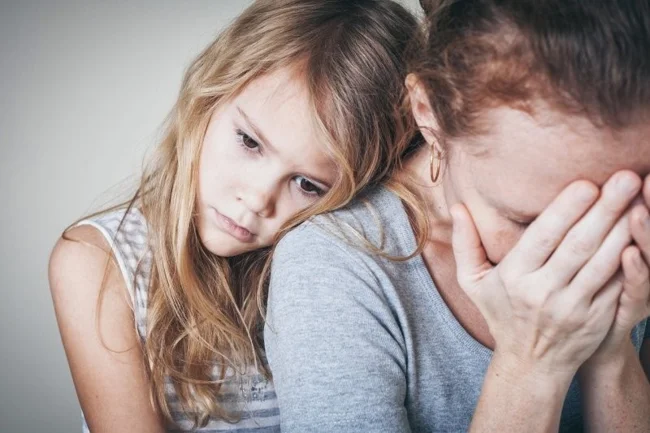
Everything that has been described applies, of course, to relatively adult children. But in raising a baby from an orphanage there is one very important factor, which, unfortunately, future adoptive fathers and mothers do not immediately think about. At some point, the child will need to be told that he is adopted. This is important because honesty towards your student should always come first. And then, who knows, maybe there won’t be some well-wisher who will find it difficult to keep his mouth shut.
Very often a child perceives such news as a real betrayal. A very small number of orphanage children can adequately and calmly perceive the information received, with gratitude to their adoptive parents. More often, this can lead to a depressive state and can result in aggression against the whole world and especially against parents, who have become strangers in a minute. As they grow older, such children often dream of finding their biological parents, and if they succeed, they are usually faced with painful disappointment, because their mother still doesn’t need them. 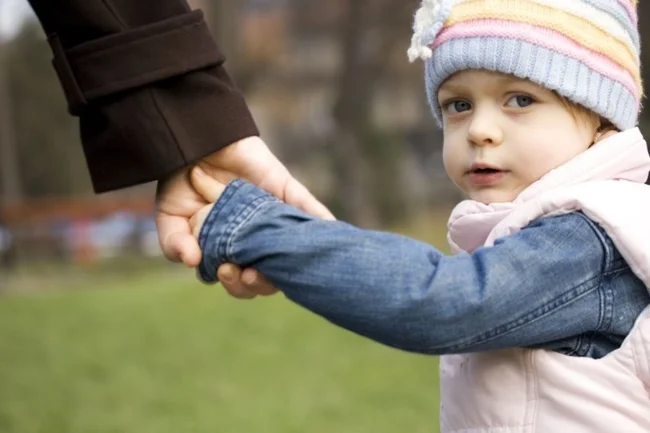
Raising a foster child is not only a difficult process. This is also an endless series of surprises and not always pleasant ones. You need a huge amount of patience, working with specialists, psychologists, and you shouldn’t judge those who bring children back. Most problems are revealed only after a new family member arrives in the house.
0 comments

